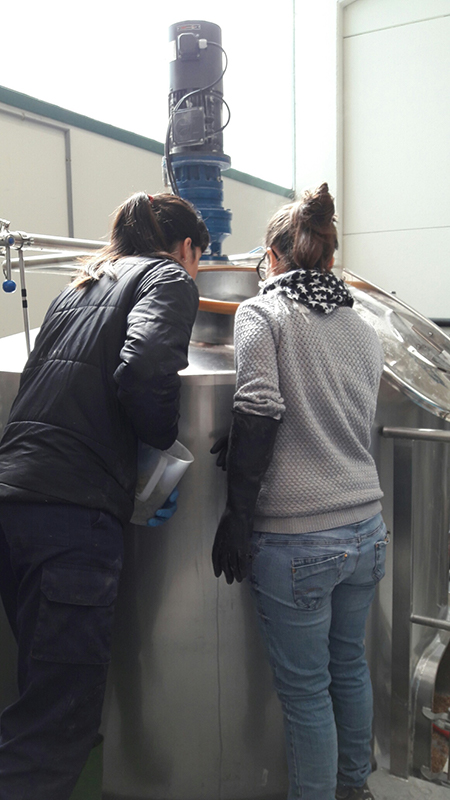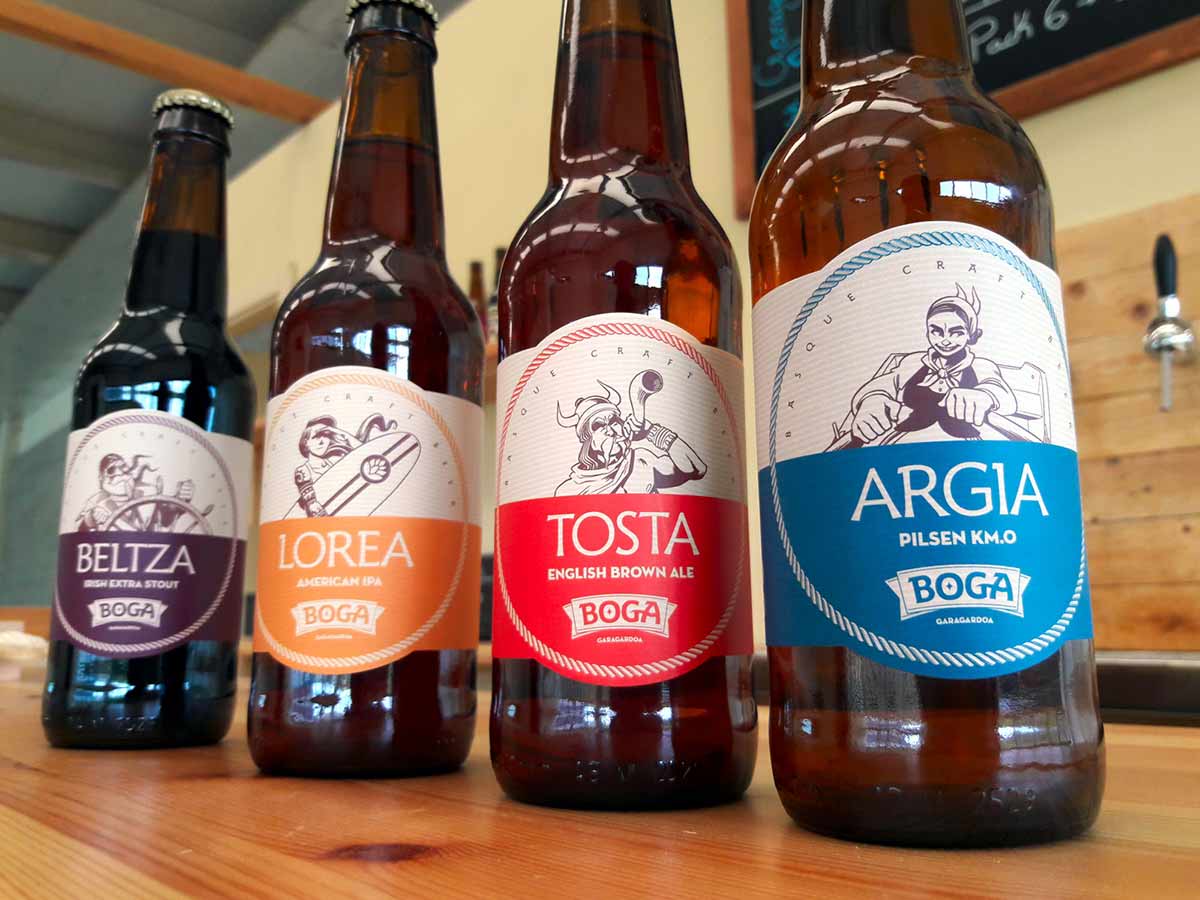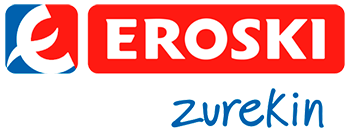EUSKOPEF
NEW PROCEDURE FOR THE CALCULATION OF THE ENVIRONMENTAL FOOTPRINT OF FOOD PRODUCTS IN THE BASQUE COUNTRY
The EU food and beverages value chain is responsible for 17% of greenhouse gas emissions, 28% of material resource use, 60% of terrestrial biodiversity loss, 33% of degraded soils, and overexploitation of 20% of water resources. The food system is not only the cause but also a victim of these environmental and social impacts, so it is necessary to change food production and consumption habits. In 2013, the European Commission defined a common method to measure and communicate the environmental performance of products, services and companies by means of a comprehensive assessment of the environmental impact throughout the life cycle: the so-called Product Environmental Footprint (PEF), for which there are no tools on the market for its calculation and validation.
AZTI, the organisation that leads EUSKOPEF, is a Technology Centre specialising in the marine environment and food. The EROSKI distribution chain, the software engineering company, INGENET, and the craft beer brand, BOGA, have worked together on this project, which is the result and continuation of the previous ELIKAPEF project.

DRIVING FACTOR


 OBJECTIVES
OBJECTIVES
- Reduce the environmental impact of food production by facilitating the standardised calculation of the Environmental Footprint of food following the guidelines of the European Commission (COM/2013/0196 final).
- Foster responsible consumer behaviour through an environmental product information system that enables consumers to effectively understand the environmental consequences of their purchasing decisions.
- Provide SMEs in the food sector with the keys to sustainable production.
 RESULTS
RESULTS
- Development of an innovative tool that calculates the Environmental Footprint of food products and a tool for use by distribution chains that facilitates the management of information for the calculation of PEF and the comparison of products and supplier companies based on environmental criteria.
- Validation of the tool, which is a pioneer at national level, through the calculation of the PEF of a reference Pilsen beer.
- Development of a Sustainable Purchasing Guide aimed at facilitating the responsible selection of food products to consumers.
- Development of a Responsible Purchasing Guide for food suppliers.
 CONCLUSIONS
CONCLUSIONS
- The tool has been validated with BOGA and the EUROSKA distribution company. However, due to the innovative nature of EUSKOPEF, the European Commission's PEF methodology has been developed in parallel to the project, so that some aspects were still under development at the end of the project and had not yet been included in the tool.
- EUSKOPEF has consolidated the project Consortium. AZTI and INGENET, owners of the calculation tool, will be responsible for its commercialisation, and EROSKI will benefit in terms of use and enjoyment. The Responsible Consumer Purchasing Guide has been published and disseminated by EROSKI (https://comprasostenible.consumer.es/), while AZTI will be responsible for publishing and disseminating the Responsible Purchasing Guide for food suppliers on its website.
ENVIRONMENTAL
TECHNICAL
ECONOMIC
COMMERCIAL
ON THE MARKET





